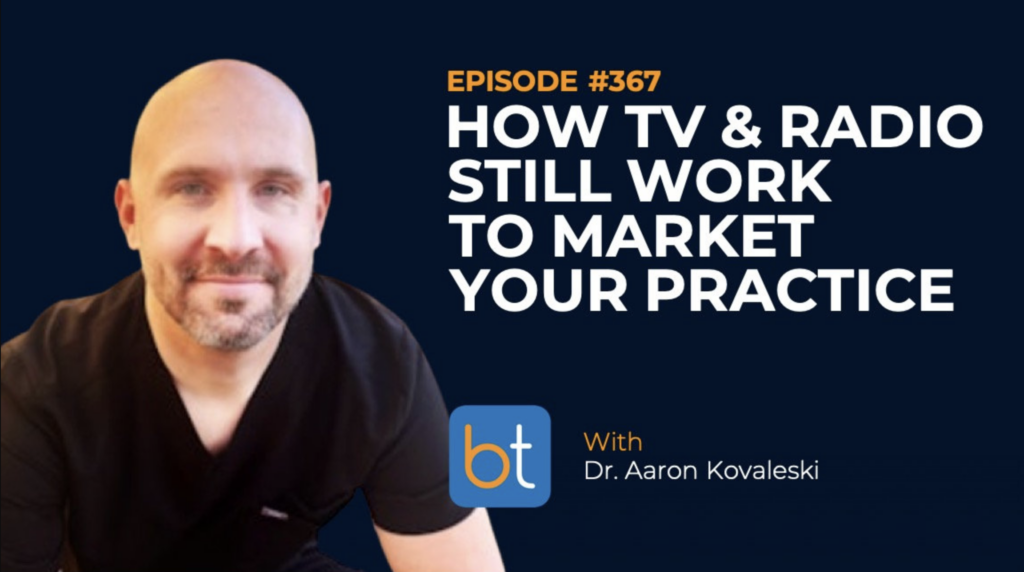Venogram with Intervention
"Veno" means vein and "Gram" means picture. So, using ultrasound guidance our physicians inject dye into your veins and use X-ray technology to "see" the veins and assess their functionality to determine the correct treatment plan. Once the proper path is determined, a vein in either your arm, leg or neck is then perforated with a hallow needle, using ultrasound guidance. A wire is then advanced, under X-ray guidance, into the vein.
Next, depending on your need, possible interventions include:
In some cases, Intravascular ultrasound (IVUS) may also be used to evaluate the veins internally.
These interventions are performed as outpatient procedures at ECCO or a local hospital. Depending on the condition being treated, the procedure may require general anesthesia, and in many cases can be done with moderate sedation. Since there are no incisions, recovery time is brief. The main limitation is no heavy lifting (defined as > 15 lbs) for five days following the procedure. Occasionally, temporary blood thinners may be needed following the treatment.
Next, depending on your need, possible interventions include:
- Angioplasty: Specialized balloons can be advanced over the wire and inflated to open blockages or narrowed veins.
- Stent placement: Stents (tubular metal scaffolds) can be placed in the vein to keep it open if the vein cannot stay open on its own.
- Embolization: If indicated, we can use coils or plugs to shut down a non functional vein.
- Thrombolysis: If there is a large amount of clot (known as Deep Vein Thrombosis, or DVT) in the arm, leg, abdomen, etc., a specialized catheter can be temporarily placed within the clot itself which emits a medication that dissolves the clot on contact. This may be done over a 24-hour period involving an ICU stay.
In some cases, Intravascular ultrasound (IVUS) may also be used to evaluate the veins internally.
These interventions are performed as outpatient procedures at ECCO or a local hospital. Depending on the condition being treated, the procedure may require general anesthesia, and in many cases can be done with moderate sedation. Since there are no incisions, recovery time is brief. The main limitation is no heavy lifting (defined as > 15 lbs) for five days following the procedure. Occasionally, temporary blood thinners may be needed following the treatment.





